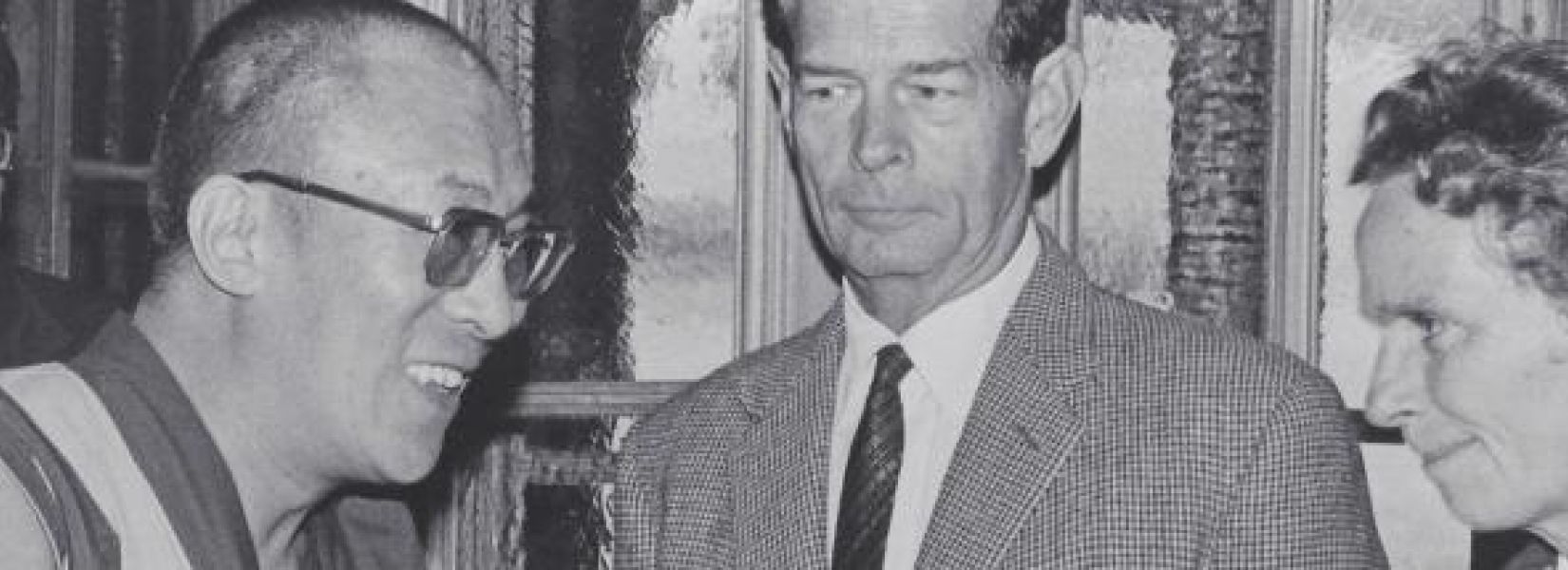King Michael of Romania
By Andrew Stallybrass
13/01/2018King Michael of Romania died aged 96 on 5 December. After the best part of a lifetime in exile, for the most part in Switzerland, he was accorded a state funeral, with royalty from across Europe attending, including the King of Sweden, Spain’s former King, Juan Carlos, and Prince Charles.
King Michael is best remembered for the coup he headed in August 1944, switching Romania from the Nazi to the Allied side in World War II. His overthrow of the Fascist dictator Atonescu shortened the war by three to six months, according to some contemporary historians. At the end of the war, he was decorated by the Soviet Union and the United States, before being forced to abdicate by the Communists. His mother, Queen Helen, is remembered in Yad Vashem, the Holocaust memorial in Jerusalem, as one of the ‘righteous among the nations’ for the Jewish lives she saved during the war.
Romania has often been an outlier in the family of nations. Today, it is a republic, but one which recognized King Michael as a former head of state and gave him a pension. Royal property was returned to the family. On his 90th birthday in 2011, he delivered a speech before the assembled chambers of the Romanian Parliament. An opinion poll in January 2012 placed him as the most trusted public figure in Romania, far ahead of the political leaders. That October a square in Bucharest was renamed after him, in celebration of his 91st birthday. In 2016, his wife, Queen Anne of Bourbon-Parma, died at the age of 92. They had fallen in love in London in 1946, at the wedding of his cousins, the future Queen Elizabeth II of the United Kingdom and Prince Philip of Greece. They had five daughters.
The Romanian royal family’s links with Moral Re-Armament dated from well before the war, when Frank Buchman met King Michael’s grandmother, Queen Marie, in Bucharest. King Michael himself said, ‘One thing I remember so well of Frank’s caring was my own experience after meeting him again in 1955. With my sadness and unhappiness at having lost my country, my bitterness had grown because of a feeling of not belonging. After our meeting, I felt this great load was taken off my mind and soul. I realized that no problem was too great or too small for him. The greatest or the smallest problem in someone else’s life received the same loving care from him.’ After that he and Queen Anne and their daughters paid frequent visits to Caux from their home near Geneva and took part in various MRA activities both during and after Buchman’s life.
Queen Anne felt more at home lending a hand in the Caux kitchen than in meetings, and there are a number of amusing stories about the shock of people she encountered there when they discovered who they were cooking with.
Photo: King Michael and Queen Anne of Romania welcoming the Dalai Lama to Caux, 1996 © CAUX-IofC
